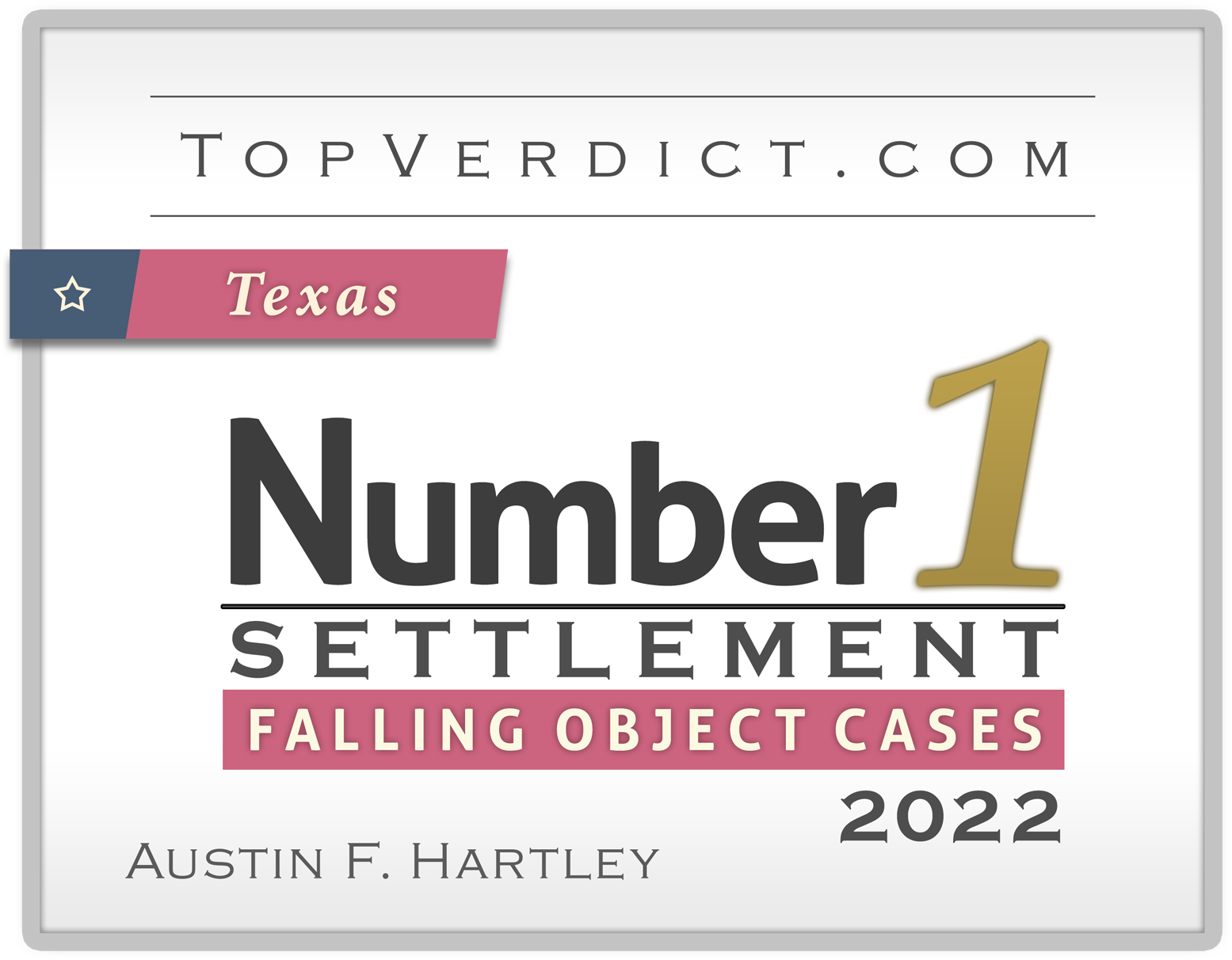

Types of Pedestrian Accidents
According to the NHTSA, there were 6,516 pedestrians killed in traffic crashes and 54,769 pedestrians injured in 2020. Most accidents occur in urban areas outside of intersections. Both drivers and pedestrians are increasingly distracted by cell phone use which can cause them to become unaware of their surroundings. A pedestrian accident can happen in the following scenarios:
- Distracted drivers,
- Drivers under the influence of drugs or alcohol,
- Parking lot and parking structure accidents,
- Crosswalk and intersection accidents,
- Driveway accidents,
- Pedestrian accidents involving children,
- Failure to abide by traffic signals,
- Hit-and-run accidents, and
- Speeding.
No matter the cause, a pedestrian’s injuries can be severe. Common pedestrian injuries include:
- Broken bones,
- Fractures,
- Crushed bones,
- Traumatic brain injury,
- Spinal cord damage,
- Head injuries,
- Concussions, and
- Paralysis.
Injuries like these occur every day and happen more frequently each year. The Governors Highway Safety Association projects that drivers struck and killed 7,485 pedestrians in 2021—the highest annual amount in four decades. A pedestrian accident attorney can determine if you are eligible to bring a pedestrian accident case.
What to Do After a Pedestrian Accident
After an accident, be sure to seek immediate medical treatment for any injuries. Even if you think your injuries are not significant enough to require medical attention, seeing a medical professional is still a good idea.
Contact the police as soon as you’re safely able to do so. A police officer will file an accident report that may be useful evidence if you decide to file a pedestrian accident claim.
Try to ensure the driver stays at the scene until the police arrive. If the driver refuses to stay, take pictures of the driver, their car, and their license plate to provide to the police. Ask to exchange insurance and contact information with the driver. A driver who hits someone and then drives away before the police arrive is a hit-and-run driver subject to criminal charges.
If any witnesses saw the accident and stopped, ask them to stay and give their statements to the police. If the witnesses can’t stay at the scene, collect their names and contact information so your attorney can contact them at a later time.
Be sure to document the following information to the best of your ability:
- Your injuries,
- The vehicle that hit you,
- The driver of the vehicle,
- The surrounding area, and
- Any evidence such as skid marks or inoperative lights or turn signals on the vehicle that hit you.
The best way to document these things is through photographs that you can keep on your phone. These photos can provide important information to the police, the driver’s insurance company, and your pedestrian accident attorney.
How to Prove Negligence
One of the key parts of any pedestrian accident case is proving the motorist was negligent and, therefore, responsible for what happened. To prove negligence, you will need to prove the following:
- The driver owed you a duty of care;
- The driver violated the duty they owed to you;
- The driver’s negligence was the cause of your injuries; and
- There are specific damages you suffered due to the driver’s negligence.
“Duty of care” is a legal term describing the responsibility each person has to act reasonably so that they avoid harming others. When it comes to motor vehicle and pedestrian accidents, both parties have a duty to act reasonably to avoid an accident and to follow traffic laws. Acting reasonably means acting as a reasonable person would be expected to act in the same circumstances.
Every driver has a duty of care that includes not driving while distracted or impaired, obeying the speed limit and traffic laws, avoiding reckless driving, and yielding the right-of-way to pedestrians. A pedestrian’s duty of care requires them to take reasonable actions to prevent harm to themselves and others, such as obeying traffic laws. When a person does not act like a reasonable person would act, they likely have breached their duty of care.
Compensation You Can Recieve for a Pedestrian Accident
If you can prove that another party had a legal duty of care, breached that duty of care, and caused your injuries, you might be entitled to compensation for your damages. Damages are losses you suffered because of the accident. There are two types of damages accident victims typically seek to recover: economic damages and noneconomic damages.
Economic damages compensate you for monetary losses caused by your accident. The most common losses plaintiffs seek compensation for are medical costs, lost wages, and property damage.
Noneconomic damages compensate you for the emotional and psychological harm you suffered because of the accident. Common types of noneconomic damages accident victims seek compensation for include:
- Pain and suffering,
- Anxiety or fear,
- Embarrassment,
- Loss of consortium, and
- Inconvenience.
Many victims of pedestrian accidents don’t realize compensation is available for these types of emotional injuries, so they don’t document those injuries or claim them when filing an insurance claim or lawsuit. An experienced pedestrian accident attorney can help you gather evidence and calculate all of your damages so that you don’t miss out on the compensation you need.
Contact Garland Pedestrian Accident Lawyers for Help
Austin Hartley is a pedestrian accident lawyer who was awarded the 2021 Litigator of the Year Award by the American Institute of Trial Lawyers. Austin is an experienced negotiator and trial lawyer who will fight for the compensation you deserve. Austin and the lawyers at Hartley Law are available to discuss your case 24/7. Contact us today to schedule a free consultation.








